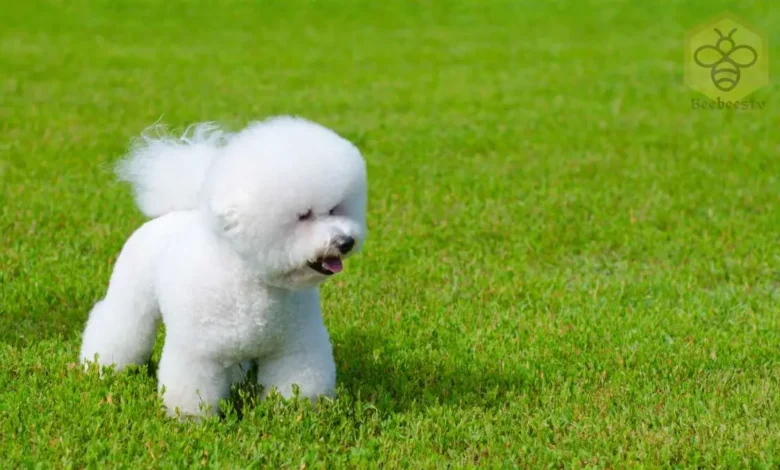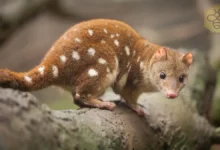Bichon Frise: The Fluffy Bundle of Joy

Bichon Frise: A Puffball of Personality
Bichon Frise
Introduction
The Bichon Frise is a small yet charming dog breed known for its playful demeanor, curly white coat, and affectionate nature. Originating from the Mediterranean region, this breed has won hearts worldwide as a beloved companion. The Bichon Frise’s friendly personality and adaptability make it an ideal pet for families, singles, and seniors alike.
Scientific Overview
Scientific Name
Canis lupus familiaris
Common Name
Bichon Frise
Scientific Classification
Types
While the Bichon Frise is a single breed, it is part of the larger “Bichon” family, which includes breeds like the Maltese, Havanese, and Bolognese.
Habitat and Distribution
Preferred Habitats
This breed thrives in:
- Indoor environments, including apartments and houses.
- Outdoor spaces for exercise, provided they are safe and secure.
Geographic Range
Originally bred in the Mediterranean region, the Bichon Frise is now a popular breed across:
- North America
- Europe
- Asia
Physical Characteristics
Size and Weight
- Height: 9.5–11.5 inches (24–29 cm) at the shoulder.
- Weight: 12–18 pounds (5–8 kg).
Appearance
- Coat: Soft, curly, and always white, although some puppies may have cream or apricot tinges.
- Eyes: Dark and expressive, giving a cheerful appearance.
- Tail: Feathery and carried gracefully over the back.
Diet and Feeding Habits
Dietary Needs
This breed requires a balanced diet of:
- High-quality dry kibble designed for small breeds.
- Occasional wet food or home-cooked meals for variety.
Feeding Tips
- Split daily meals into two or three portions to avoid overeating.
- Monitor treats to prevent obesity, as this breed is prone to weight gain.
Predators and Threats
Natural Predators
As a domestic dog, this breed faces no natural predators.
Potential Threats
- Health Risks: Dental issues, allergies, and patellar luxation.
- Environmental Hazards: Extreme temperatures can affect this breed, particularly heat.

Reproduction, Puppies, and Lifespan
Reproduction
- Gestation Period: Approximately 63 days.
- Litter Size: Typically 4–6 puppies.
Puppy Development
- Puppies are born blind and depend entirely on their mother.
- By 8 weeks, they are weaned and ready for adoption.
Lifespan
This breed typically lives 12–15 years with proper care.
Behavior and Lifestyle
Temperament
- Friendly, cheerful, and affectionate.
- Gets along well with children, other pets, and strangers.
Exercise Needs
- Moderate daily exercise, such as walks or playtime, is sufficient.
- Enjoys interactive games like fetch or tug-of-war.
Ecological Role
As a domestic pet, the Bichon Frise doesn’t play a direct role in the wild ecosystem but has a significant role in human emotional well-being, offering companionship and comfort.
FAQs About Bichon Frise
- Are Bichon Frises hypoallergenic?
Yes, their low-shedding coat makes them suitable for allergy sufferers, though no dog is 100% hypoallergenic. - Does this breed bark a lot?
While they are not excessive barkers, they may bark to alert their owners or express excitement. - How often should I groom a Bichon Frise?
Their curly coat requires daily brushing and professional grooming every 4–6 weeks. - Are they good for first-time dog owners?
Absolutely! Their friendly nature and adaptability make them ideal for novice owners. - Can a Bichon Frise be left alone?
They prefer company and can develop separation anxiety if left alone for long periods.
Conclusion
The Bichon Frise is a delightful companion with a heart as big as its fluffy coat. Its friendly personality, adaptability, and charm make it a favorite among dog lovers worldwide. Proper care, regular grooming, and plenty of affection will ensure that your Bichon Frise thrives and brings endless joy to your home.


